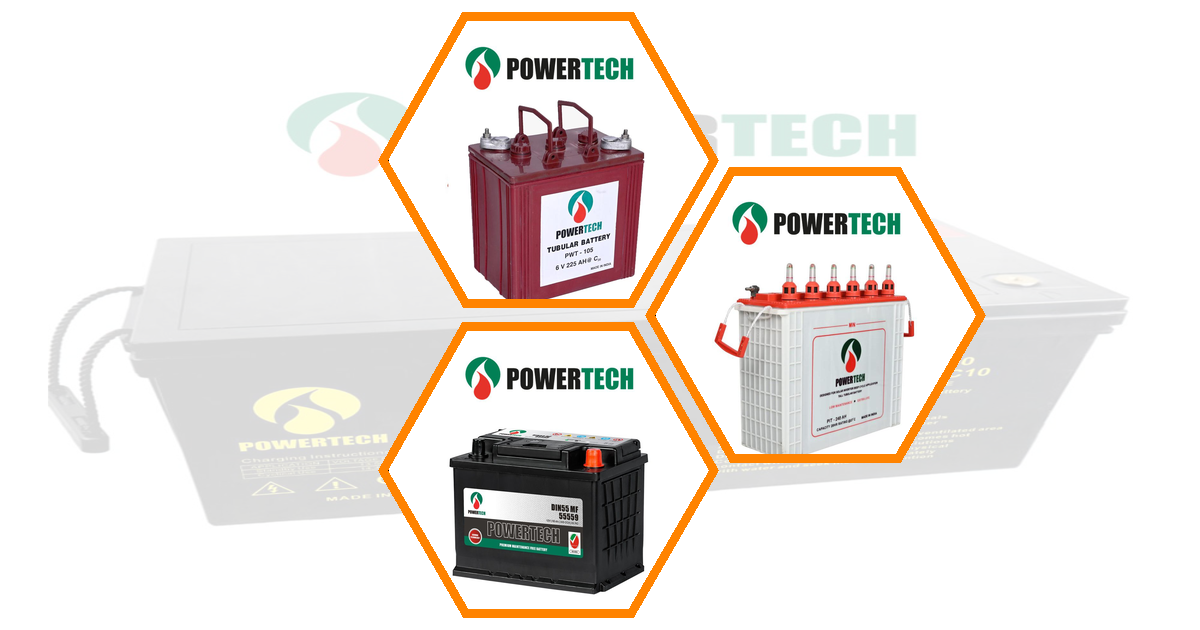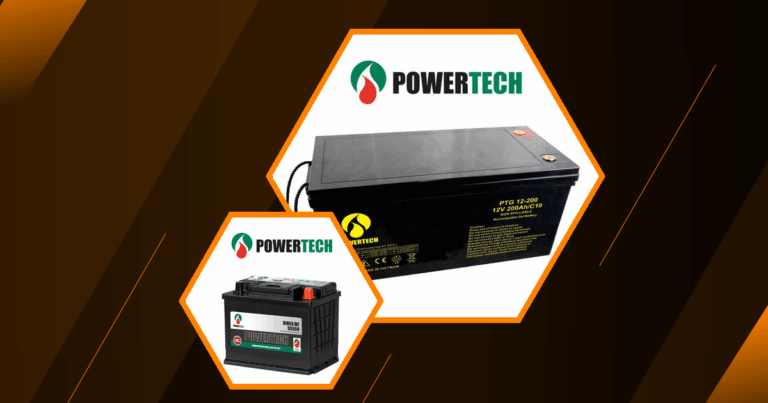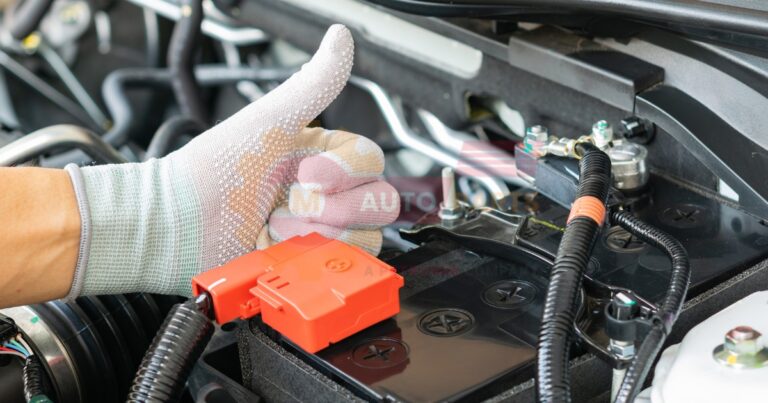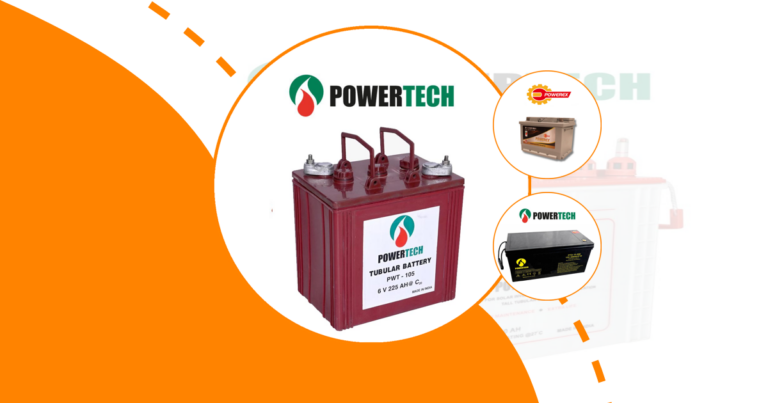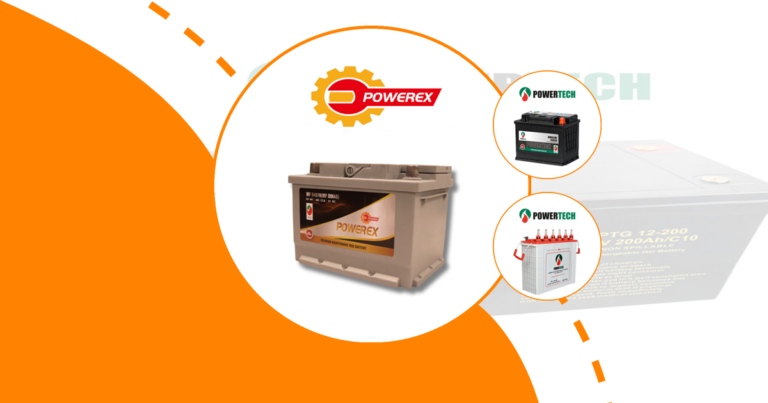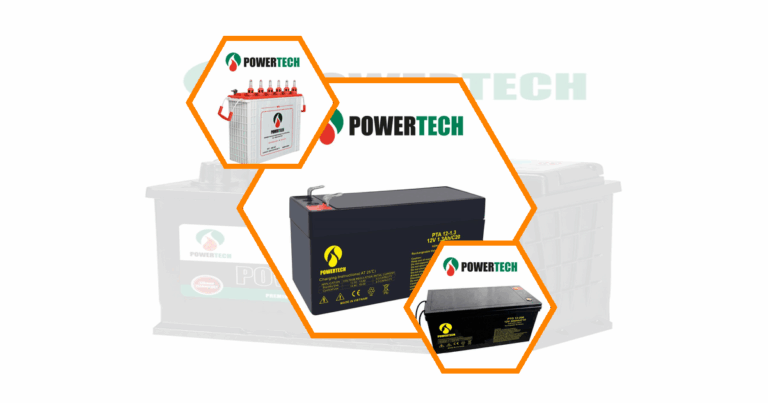Maintaining heavy-duty truck batteries is crucial for ensuring the longevity and efficiency of your vehicle. Proper maintenance not only extends the battery life but also enhances the overall performance of the truck. This comprehensive guide will walk you through the essential steps of checking and maintaining water levels, performing fluid checks, and other vital maintenance procedures.
Heavy-duty Truck Batteries
Heavy-duty truck batteries are the powerhouse of commercial vehicles, providing the necessary energy to start the engine and power various electrical components. Understanding the types of batteries used and the importance of their maintenance is the first step in ensuring your truck runs smoothly.
Types of Batteries Used in Commercial Trucks
Commercial trucks typically use lead-acid batteries due to their reliability and cost-effectiveness. These batteries are designed to deliver high power output, making them ideal for heavy-duty applications. There are two main types: flooded lead-acid batteries and sealed lead-acid batteries. Flooded batteries require regular maintenance, including water level checks, while sealed batteries are maintenance-free but may not last as long.
- Flooded Lead-Acid Batteries : Require regular water level checks.
- Sealed Lead-Acid Batteries : Maintenance-free but may have a shorter lifespan.
Importance of Proper Battery Maintenance
Proper maintenance of heavy-duty truck batteries is essential to prevent unexpected breakdowns and costly repairs. Regular checks and maintenance can extend the battery life by up to 50%, according to the U.S. Department of Energy. This involves checking water levels, cleaning terminals, and ensuring the battery is charged correctly.
- Prevents Unexpected Breakdowns : Regular maintenance reduces the risk of battery failure.
- Extends Battery Life : Proper care can significantly increase the lifespan of the battery.
- Enhances Performance : Well-maintained batteries ensure optimal performance of the truck.
Checking Battery Water Levels
Checking the water levels in your truck’s battery is a simple yet crucial task. It ensures that the battery functions efficiently and prevents damage caused by low electrolyte levels.
How to Safely Inspect Electrolyte Levels
Inspecting the electrolyte levels in a battery requires caution. Always wear protective gear, such as gloves and goggles, to prevent contact with battery acid. Remove the battery caps and check the water level, ensuring it covers the lead plates but does not overflow.
- Wear Protective Gear : Gloves and goggles are essential for safety.
- Check Water Level : Ensure it covers the lead plates without overflowing.
- Use a Flashlight : Helps in clearly seeing the electrolyte levels.
Optimal Water Level for Lead-Acid Batteries
The optimal water level for lead-acid batteries is just above the lead plates. This ensures that the plates are fully submerged, preventing them from drying out and becoming damaged. Overfilling can cause the electrolyte to spill, leading to corrosion and other issues.
- Above Lead Plates : Ensures plates are fully submerged.
- Avoid Overfilling : Prevents spillage and corrosion.
- Regular Checks : Helps maintain optimal levels.
Frequency of Water Level Checks
Regular checks of the water levels in your truck’s battery are essential. It is recommended to check the levels every month, especially in hot climates where water evaporation is more rapid. This helps in maintaining the battery’s efficiency and longevity.
- Monthly Checks : Recommended for optimal maintenance.
- More Frequent in Hot Climates : Due to increased evaporation.
- Prevents Damage : Regular checks prevent drying out of plates.
Performing Battery Fluid Checks
Performing regular fluid checks is vital for maintaining the health of your truck’s battery. This involves testing the specific gravity, measuring voltage, and inspecting for any signs of corrosion or damage.
Testing Specific Gravity with a Hydrometer
A hydrometer is a useful tool for testing the specific gravity of the battery’s electrolyte. This measurement indicates the state of charge of the battery. A fully charged battery typically has a specific gravity of 1.265 to 1.299.
- Use a Hydrometer : Essential for testing specific gravity.
- Indicates State of Charge : Helps in assessing battery health.
- Fully Charged Range : 1.265 to 1.299 specific gravity.
Measuring Battery Voltage
Measuring the voltage of your truck’s battery is another critical step in fluid checks. A multimeter can be used to measure the voltage, which should be around 12.6 volts for a fully charged battery. Lower readings may indicate a need for charging or replacement.
- Use a Multimeter : For accurate voltage measurement.
- Fully Charged Voltage : Around 12.6 volts.
- Low Readings : May indicate charging or replacement needs.
Inspecting for Corrosion and Damage
Corrosion and damage can significantly affect the performance of a battery. Regularly inspect the battery terminals and cables for any signs of corrosion, which can be cleaned with a mixture of baking soda and water. Check for any physical damage to the battery case as well.
- Check Terminals and Cables : Look for signs of corrosion.
- Clean with Baking Soda : Effective for removing corrosion.
- Inspect Battery Case : Look for any physical damage.
Essential Battery Maintenance Procedures
Proper maintenance procedures are essential for keeping your truck’s battery in top condition. This includes cleaning terminals, tightening connections, and applying protective coatings.
Cleaning Battery Terminals and Connections
Cleaning the battery terminals and connections is crucial for preventing corrosion and ensuring a good electrical connection. Use a wire brush and a mixture of baking soda and water to clean the terminals, then rinse with water and dry thoroughly.
- Use a Wire Brush : For effective cleaning.
- Baking Soda Mixture : Helps in removing corrosion.
- Rinse and Dry : Ensures no residue is left.
Tightening Loose Cables and Fasteners
Loose cables and fasteners can lead to poor electrical connections and battery performance issues. Regularly check and tighten any loose connections to ensure the battery operates efficiently.
- Check Regularly : For any loose connections.
- Tighten as Needed : Ensures good electrical contact.
- Prevents Performance Issues : Maintains battery efficiency.
Applying Protective Coatings
Applying a protective coating to the battery terminals can help prevent corrosion. Products like petroleum jelly or specialized terminal protectors can be used to coat the terminals after cleaning.
- Use Petroleum Jelly : Effective for preventing corrosion.
- Specialized Protectors : Available for added protection.
- Apply After Cleaning : Ensures long-lasting protection.
Proper Charging and Storage Practices
Proper charging and storage practices are vital for maintaining the health and longevity of your truck’s battery. This includes using recommended charging methods and ensuring ideal storage conditions.
Recommended Charging Methods
Using the correct charging methods is essential for maintaining battery health. A smart charger is recommended as it automatically adjusts the charging rate and prevents overcharging, which can damage the battery.
- Use a Smart Charger : Automatically adjusts charging rate.
- Prevents Overcharging : Protects battery from damage.
- Ensures Optimal Charging : Maintains battery health.
Ideal Storage Conditions for Batteries
Storing your truck’s battery in ideal conditions can significantly extend its lifespan. Batteries should be stored in a cool, dry place away from direct sunlight and extreme temperatures.
- Cool, Dry Place : Ideal for battery storage.
- Avoid Direct Sunlight : Prevents overheating.
- Stable Temperatures : Protects battery from damage.
Preventing Sulfation and Stratification
Sulfation and stratification are common issues that can affect battery performance. Regular charging and proper maintenance can help prevent these problems, ensuring the battery remains in good condition.
- Regular Charging : Prevents sulfation.
- Proper Maintenance : Helps avoid stratification.
- Ensures Good Condition : Maintains battery performance.
When to Replace a Heavy-duty Truck Battery
A heavy-duty truck battery should be replaced when it shows signs of failure, such as slow cranking, frequent jump-starts, or if it is more than three to five years old. Regular testing and maintenance can help determine the right time for replacement.
By following these guidelines and maintaining your heavy-duty truck battery, you can ensure optimal performance and extend its lifespan. Proper maintenance not only saves money but also enhances the reliability of your vehicle, keeping it on the road for longer.
FAQs
How Often Should Heavy-duty Truck Batteries Be Watered?
Heavy-duty truck batteries should be watered every month, especially in hot climates where water evaporation is more rapid. Regular watering ensures the lead plates remain submerged, preventing damage and maintaining battery efficiency.
What Type of Water Should Be Used in Truck Batteries?
Distilled water is the best choice for topping up truck batteries. It is free from minerals and impurities that can cause corrosion and reduce battery performance. Using tap water can introduce contaminants that may harm the battery.
Can You Overwater a Truck Battery?
Yes, overwatering a truck battery can lead to electrolyte spillage, which can cause corrosion and damage to the battery and surrounding components. It is important to maintain the water level just above the lead plates without overfilling.
What Are Signs of a Failing Heavy-duty Truck Battery?
Signs of a failing heavy-duty truck battery include slow engine cranking, dim headlights, and frequent need for jump-starts. If you notice these symptoms, it may be time to check the battery’s health and consider a replacement.
How to Extend the Lifespan of Truck Batteries?
To extend the lifespan of truck batteries, perform regular maintenance, including water level checks, cleaning terminals, and ensuring proper charging. Avoid deep discharges and store the battery in ideal conditions to maximize its longevity.
What Causes Truck Batteries to Lose Water?
Truck batteries lose water due to evaporation, especially in hot climates, and during the charging process. Overcharging can also cause excessive water loss, leading to low electrolyte levels and potential damage to the battery.
How to Safely Handle Truck Battery Acid?
Handling truck battery acid requires caution. Always wear protective gear, such as gloves and goggles, to prevent contact with the acid. In case of spills, neutralize the acid with baking soda and clean the area thoroughly.
